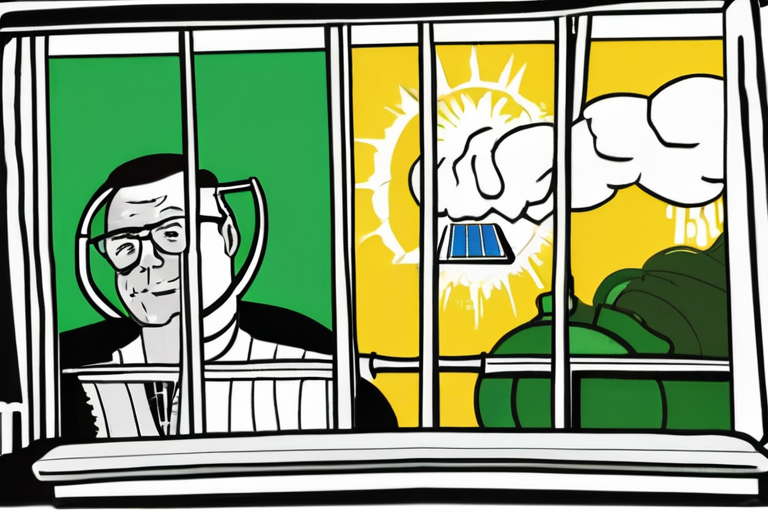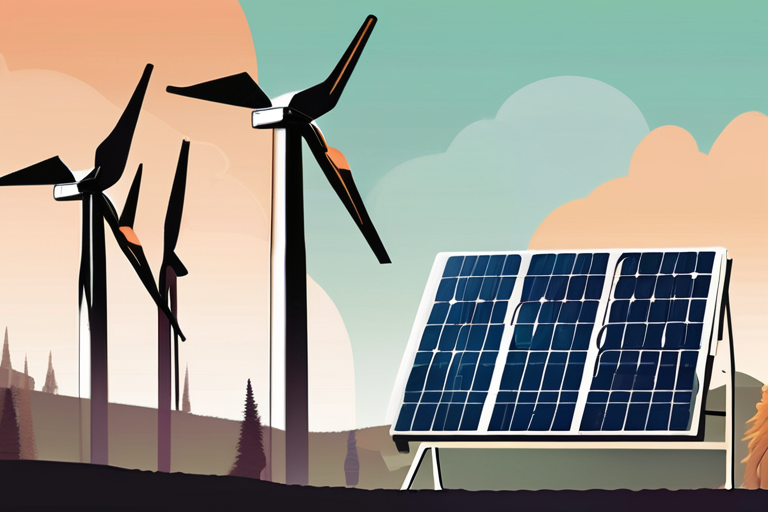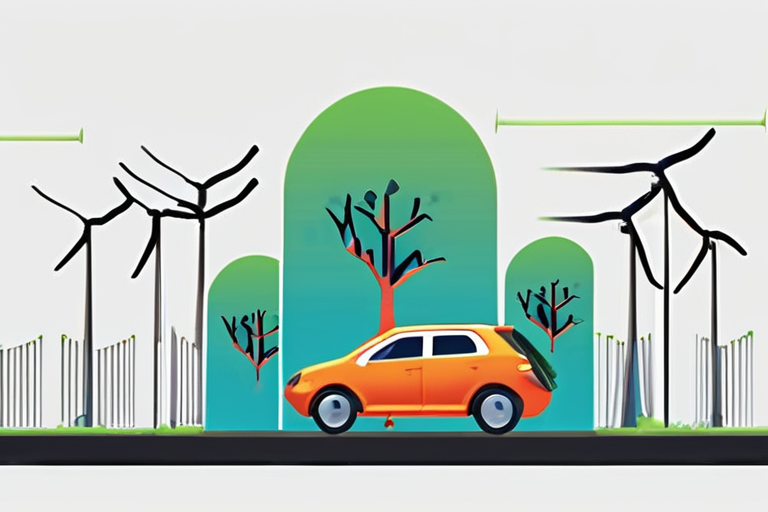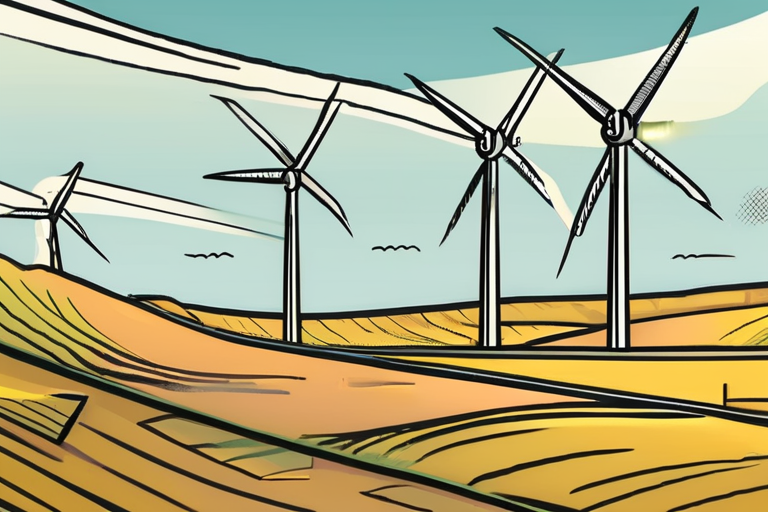Bill McKibben's Climate Alarm Turns to Optimism Amidst Renewable Energy Boom


Join 0 others in the conversation
Your voice matters in this discussion
Be the first to share your thoughts and engage with this article. Your perspective matters!
Discover articles from our community

 Hoppi
Hoppi

 Hoppi
Hoppi

 Hoppi
Hoppi

 Hoppi
Hoppi

 Hoppi
Hoppi

 Hoppi
Hoppi

Bill Gates: Our Best Weapon Against Climate Change is Ingenuity In a recent interview, Bill Gates emphasized the importance of …

Hoppi

Earth's Climate Crosses a Line: Scientists Warn of Irreversible Shifts In a stark reminder of the planet's precarious state, scientists …

Hoppi

Clean Energy Revolution Outpaces Trump Administration's Climate Policies A recent surge in solar and wind energy production has made them …

Hoppi

Bill Gates: Our Best Weapon Against Climate Change is Ingenuity In a recent address, Bill Gates emphasized the importance of …

Hoppi

Renewable Energy Surpasses Coal in Electricity Generation for First Time, Report Reveals For the first time in history, renewable energy …

Hoppi

Record Renewable Energy Growth Falls Short of Climate Goals GENEVA, SWITZERLAND - The world is falling behind its renewable energy …

Hoppi